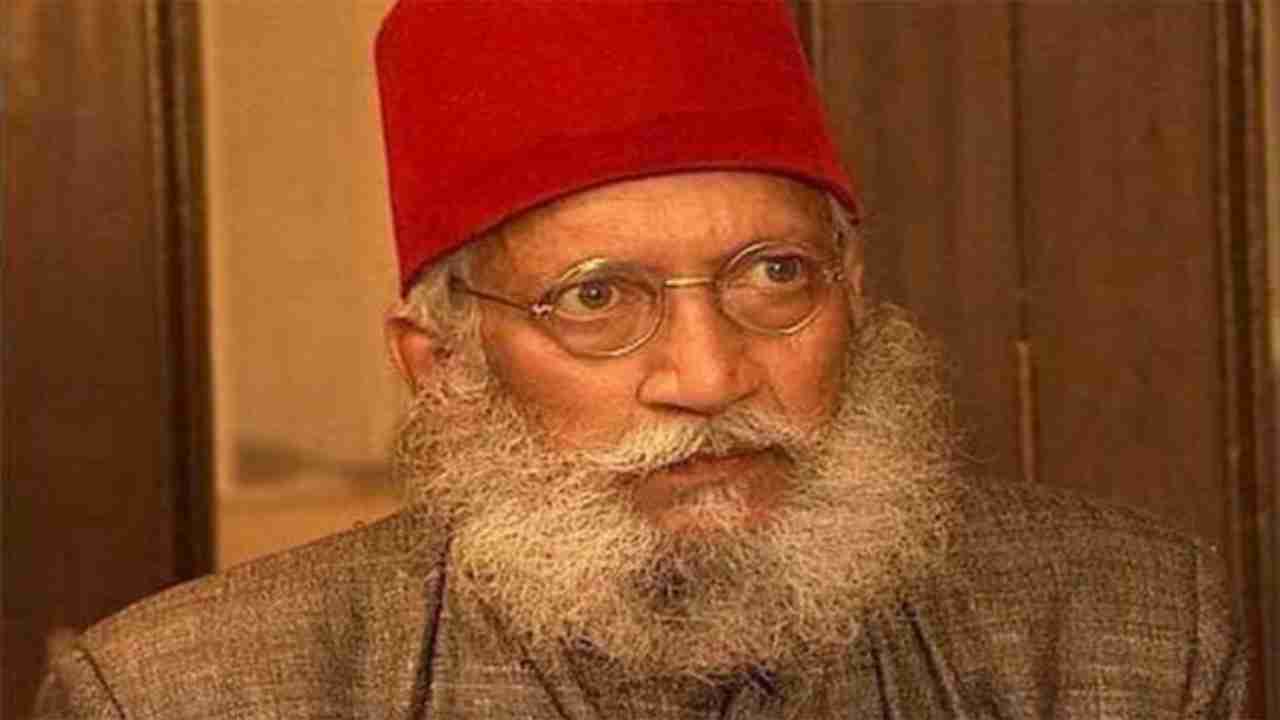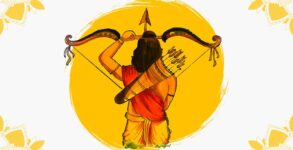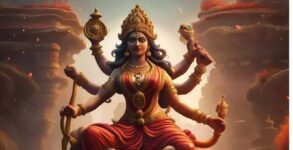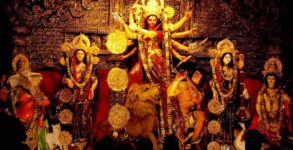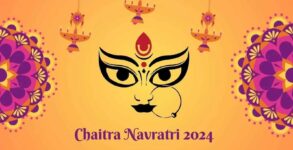Krishna Janmashtami 2020 was celebrated on August 11 and will be celebrated today as well at some places. As per the Hindu mythology, Lord Krishna had descended on earth on the 8th day of the dark half of Shravan month, which is celebrated as Janmashtami.
Janmashtami is regarded as one of the most auspicious and important festivals celebrated by Hindus in India to celebrate the birth of Lord Krishna. It is a highly significant festival among Hindus as Lord Shree Krishna was born on this day as the incarnation of Lord Vishnu. It is believed that Lord Krishna was born five thousand years ago in Dwapar Yuga in the City of Mathura at midnight. Krishna Janmashtami is a popular and much-awaited festival and is celebrated across India in diverse names such as Gokulashtami, Saatam Aatham, Krishnashtami, Srikrishna Jayanti and Ashtami Rohini.
Today, as we celebrate Janmashtami, it is a good occasion to go back into history and see how Lord Krishna was considered a part of a common tradition. In this regard, the greatest contribution came from Urdu poets who had immense respect, reverence, and admiration for Shri Krishna who is seen as a symbolic embodiment of love. One such poet is Maulana Hasrat Mohani.
It was Mohani who coined the immortal slogan of the Indian Revolution ‘Inquilab Zindabad’ in 1921, which was later popularised by Bhagat Singh and his comrades. A poet, freedom fighter, a journalist, and Lord Krishna worshipper.
He was born Fazlul Hasan in 1878, in a modest zamindar family of Mohan, a Kasbah in Unnao, Uttar Pradesh. After matriculating with distinction, when he arrived at the Mahommedan Anglo-Oriental College, Aligarh, in 1899, he got down from the ekka wearing flared pyjamas and his wedding sherwani and holding a paandaan (betel leaf container) in one hand.
The smartly turned-out boys of the college immediately nicknamed him khalajaan (aunty). But in a short time his integrity and his talent for poetry – he chose Hasrat (“Longing”) for his takhallus (nom de plume) – won him their affection and respect. By the time he passed away in 1953 most of India had long known him simply as Maulana Hasrat Mohani.
Hasrat’s collected works contain a small set of Krishna-bhakti poems. A few are in standard Urdu and the rest are in a language that he sometimes called Bhasha and at other times Hindi though written in the Urdu script. It is a kind of simplified Awadhi that was quite prevalent even in the 1940s among the Muslim gentry of the kasbahs of Awadh – particularly among their ladies – who often called it kacchi boli.
Hasrat found no difference in truth and beauty. As Shri Krishna is also regarded as an avatar of beauty, Hasrat too was truly devoted to him, and used to visit Mathura and Brindaban like any true devotee. He believed he gained spiritual benefit from those visits. Hasrat said that Shri Krishna taught karma yoga or the philosophy of action.
According to Maulana, there were quite a few similarities between Islam and what the Gita taught. In his view, Shri Krishna was an incarnation of both beauty and love, and that was why several eminent Sufis regarded Shri Krishna to be a vali (friend of God, saint).
Though Mohani is remembered today for his romantic ghazal ‘Chupke chupke raat din’, his poetry reflected his passionate love for his country and his goal of total freedom from the British rule. He along with Ram Prasad Bismil got the proposal for Poorna Swaraj (complete Independence) accepted by the Indian National Congress in 1921.
In May 1905, Maulana Hasrat Mohani became a big name in journalism and turned to politics. When it comes to bold and trenchant political writings, the three names that are usually invoked are those of Maulana Muhammad Ali Jauhar, Maulana Abul Kalam Azad and Zafar Ali Khan. But much earlier than these three, Maulana Hasrat Mohani had suffered incarceration for his editorial independence. His Urdu-e-Mu-alla also appeared much earlier than Comrade, Al-Balagh and Zamindar. The Mu-alla had invited British wrath for Hasrat’s writings during the agitation on the Kanpur Mosque demolition, resulting in a security demand for Rs 3,000 under the Vernacular Press Act.
Maulana Hasrat Mohani died on 13 May 1951 in Lucknow, India. Hasrat Mohani Memorial Society was founded by Maulana Nusrat Mohani in 1951. In Karachi, Sindh, Pakistan, Hasrat Mohani Memorial Library and Hall Trust, Karachi have been established by Hasrat Mohani Memorial Society. Every year, on his death anniversary, a memorial meeting is conducted by this Trust as well as many other organisations in India and Pakistan. Also Hasrat Mohani Colony, at Korangi Town in Karachi, Sindh, Pakistan, was named after Maulana Hasrat Mohani. A famous road is named after him in the financial hub of Karachi.

